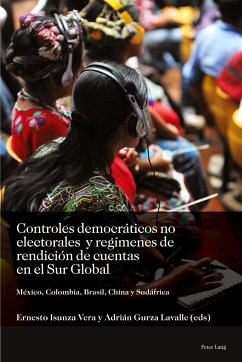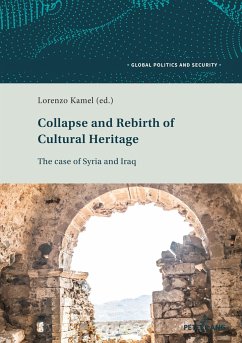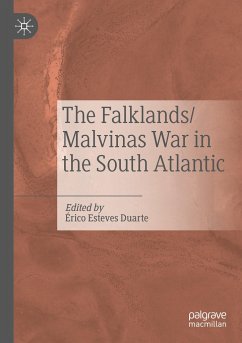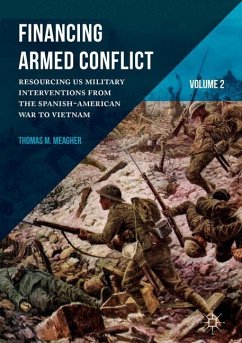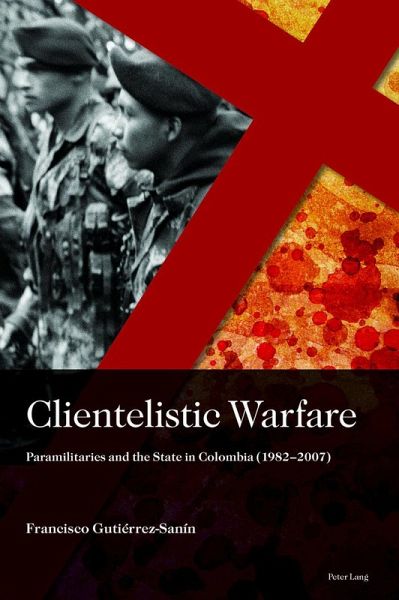
Clientelistic Warfare
Paramilitaries and the State in Colombia (1982-2007)
Versandkostenfrei!
Versandfertig in 6-10 Tagen
76,70 €
inkl. MwSt.

PAYBACK Punkte
0 °P sammeln!
Clientelistic Warfare analyzes the relationship between Colombian paramilitaries and the State in the period 1982-2007. Despite the attention that the paramilitaries demand, due to both the magnitude of their crimes and their specifi cities, understanding the nature of this interaction has proven to be complex. They were not a homogeneous, hierarchical force, but a protean network of highly localistic coalitions and units. Based on new and extensive empirical evidence, this book shows that even in diverse circumstances there was a set of basic mechanisms that established a link between the Sta...
Clientelistic Warfare analyzes the relationship between Colombian paramilitaries and the State in the period 1982-2007. Despite the attention that the paramilitaries demand, due to both the magnitude of their crimes and their specifi cities, understanding the nature of this interaction has proven to be complex. They were not a homogeneous, hierarchical force, but a protean network of highly localistic coalitions and units. Based on new and extensive empirical evidence, this book shows that even in diverse circumstances there was a set of basic mechanisms that established a link between the State and paramilitary factions, which marked the trajectory of the latter. These mechanisms, in turn, were permanently mediated by political institutions and the highly clientelistic Colombian polity. Therefore, without a close reading of the Colombian clientelistic politics and statehood, it is not possible to understand the interaction between the two entities.





